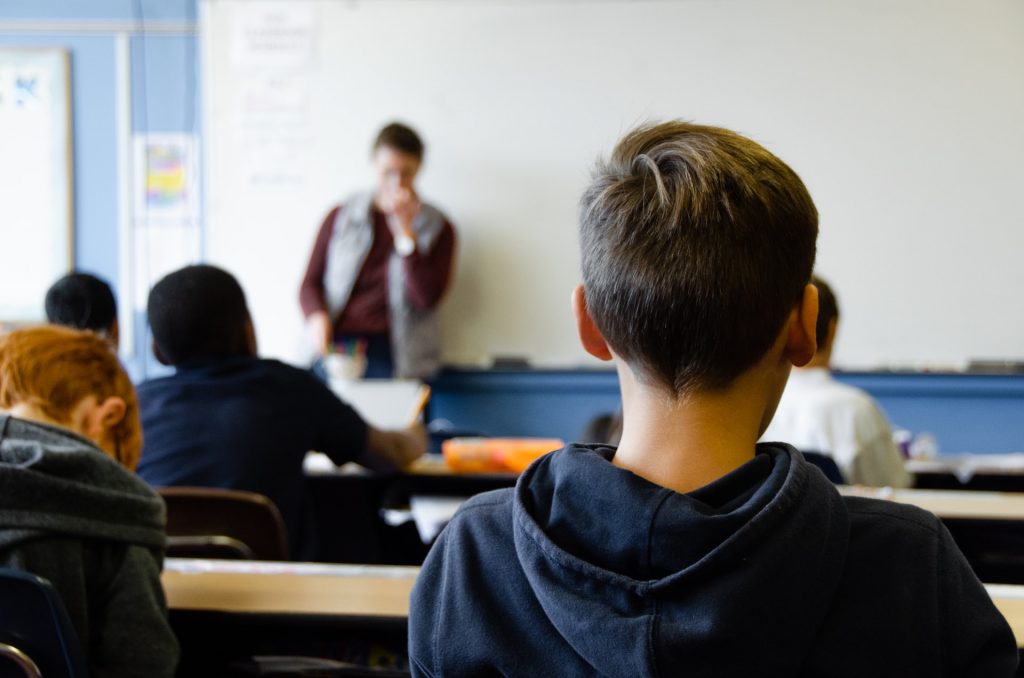Moving to a new country through study is one of the most popular ways of immigration. Often, students want to take their partner and children with them because they are not prepared to be separated from their families for such a long time. This article will explain which visas the student’s family members can apply for, how to place a child in a kindergarten or school, and how much it costs to study for children in different countries.
Family visas
Most countries allow partners of students to obtain partner visas and be close to the spouse during their study. However, the conditions of such a visa, the ability to study or work on it, often depend on the student’s training program.
- In Canada, an undoubted advantage is that if one of the partners is a full-time student, the other can apply for an Open Work Permit. It is a work permit that allows you to work wherever you want.
- In Australia, the main applicant can include family members in their student visa application. It means that issuing a visa for the whole family will be made within a single application. Student visa holders’ partners also receive student visas, so they have the same work rights as students enabling them to work no more than 40 hours a fortnight. The only exceptions are partners of Masters or PhD students. They can work for an unlimited number of hours after the student has started his / her course.
- In New Zealand, a student’s partner is only eligible for a work visa if the student is pursuing a master’s or doctoral degree. Partners of students who study in a lower level program but in a speciality on the Long Term Skill Shortage List also have a chance to get a work visa. A partner’s work visa also allows you to educate your child in a public school for free. In all other cases, the partner can accompany the student only on a visitor’s visa, which does not allow the partner to work.
It should be noted that it is not mandatory to be officially married to obtain a partner visa. However, a marriage certificate alone is not enough to prove your relationship. It is necessary to prove that your union is genuine and stable (more than a year). Joint bills, travel tickets, photographs, etc., may be sufficient documents to prove a long-term relationship.
Kindergartens
Preschool education is paid in all countries and is quite expensive. Fortunately, in New Zealand, parents of children aged 3 to 4 (5) may qualify for subsidies covering 20 hours of kindergarten per week. Australia also has subsidies, but you have to be a resident or citizen of this country to receive them. Also, there may be problems finding a kindergarten in some countries, with long waiting lists for public kindergartens. Private kindergartens are another option, but they are more expensive.
School
Australia, Canada and New Zealand are renowned for their high-quality schooling. Schools there are more like a fairy tale. They do not only teach subjects, but also help children develop as a whole person. Music lessons in well-equipped classrooms, theatre classes, robotics, art groups and dance, a huge selection of sports activities and much more are on offer, even in affordable public schools.
Schools are mainly divided into public and private. Private schools are very expensive and may have additional entry requirements including exams. In public schools, the enrolment of an international student occurs most often by age and sometimes a short interview.

Public schools mainly accept children based on their place of residence, giving priority to children who live nearby. If you want your child to go to a school located in another area of the city, a place in that school is not guaranteed, so it is wise to look for housing in advance in the school zone where you want to place your child.
- In New Zealand, children can study free in a public school only if at least one of the parents has a work visa. In other cases (fee-paying), one year’s tuition fees for a child can cost about NZD $14,000.
- In Australia, if both parents are on temporary visas (student or work), the school for the child in most cases is fee-paying. An exception may be in some states for the children of doctoral and masters students. Tuition fees will depend on the type of visa and the region you intend to live in, as each Australian state or territory has its own rules and prices for public schools.
- In Canada, public school tuition is also free. Education is conducted either in English or French at the student’s choice or in both languages.
Read more about moving from families in our articles for each country:
